hotline:020-29026320 |13903018415
-
-
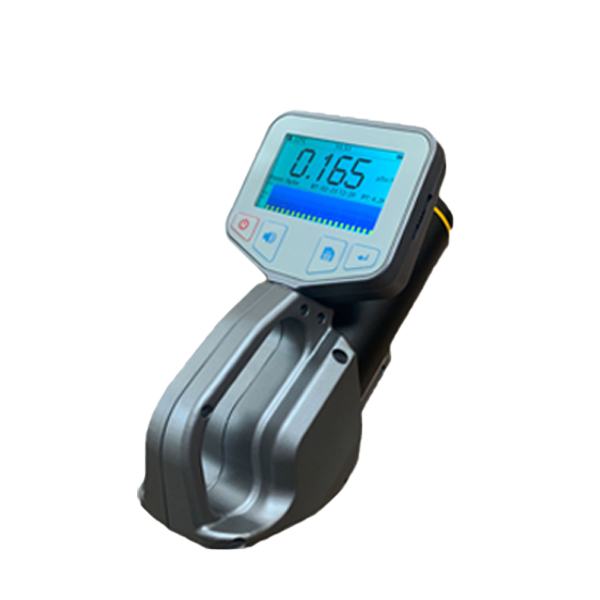
Radiation detection instrumentation
-
HYGP-2223 exposure type X, γ radiation measuring instrument
-
HYGP-2223BX, gamma dose rate meter (with tripod)
-
FI-329M intelligent household nuclear radiation detector
-
HY-2000M digital multi-channel gamma spectrometer
显示更多 -
-
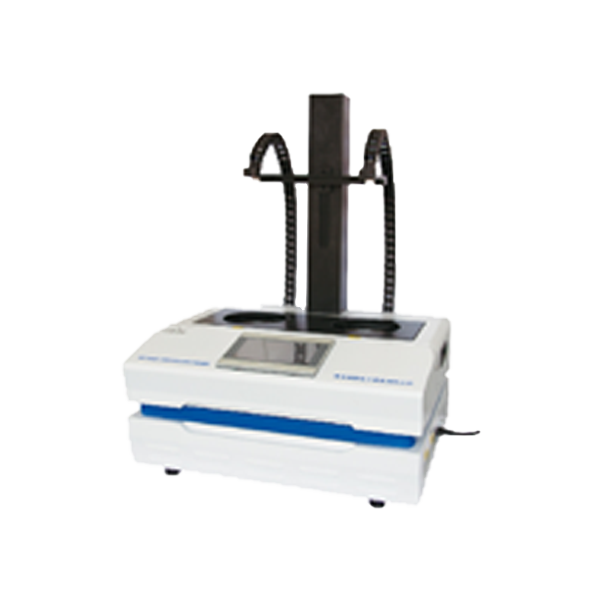
Laboratory Equipment
-
Radioactive distillation apparatus in water
-
2200Q portable turbidity meter
-
SPE Solid Phase Extraction Device
-
Portable spectrophotometer
显示更多 -
-
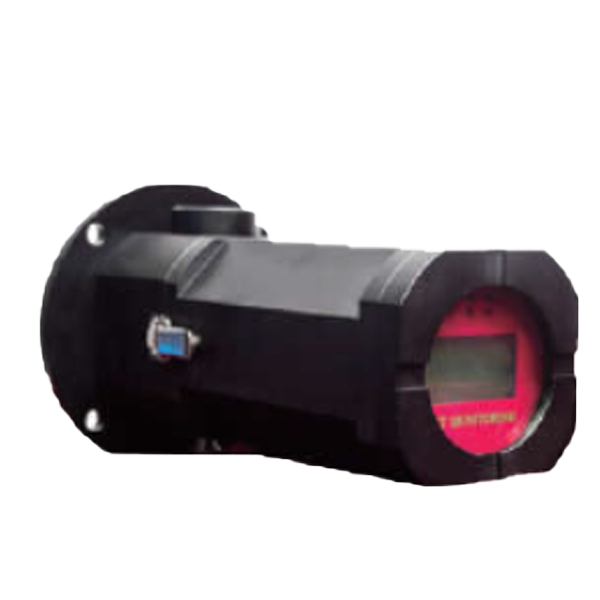
Portable environmental monitoring equipment
-
VOCs gas analyzer
-
Portable handheld VOC detector
-
Portable all-in-one multi-parameter analyzer
-
Dust detector
显示更多 -
-
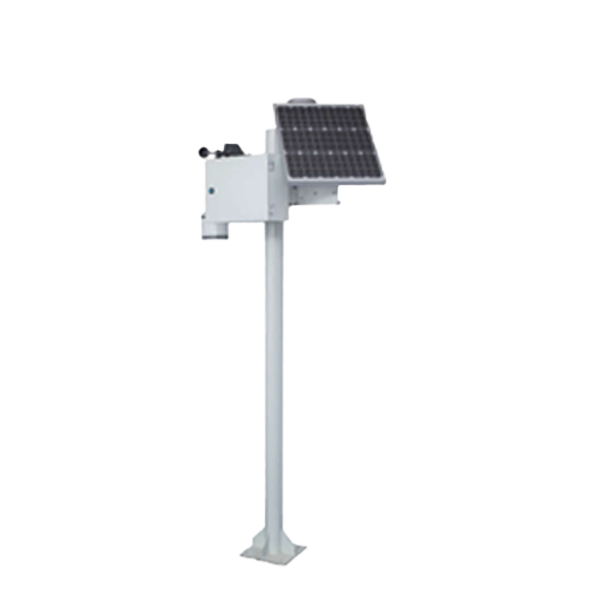
Environmental online monitoring system
-
CM-WG8200 grid air quality detection system
-
On-line monitoring system for CM-VOCs-5000 volatile organic compounds
显示更多 -
-
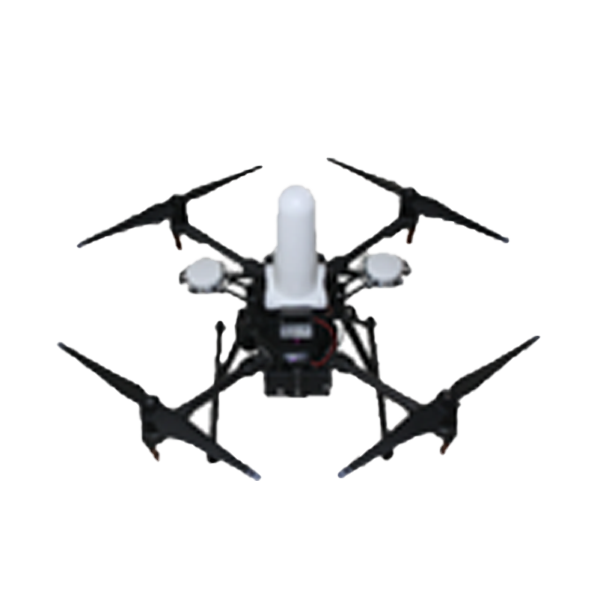
UAV Online Environmental Monitoring
-
OS-2 UAV Electromagnetic Environment Monitoring System
-
Nuclear emergency radioactive source search UAV
-
UAV Monitoring System
显示更多 -
-
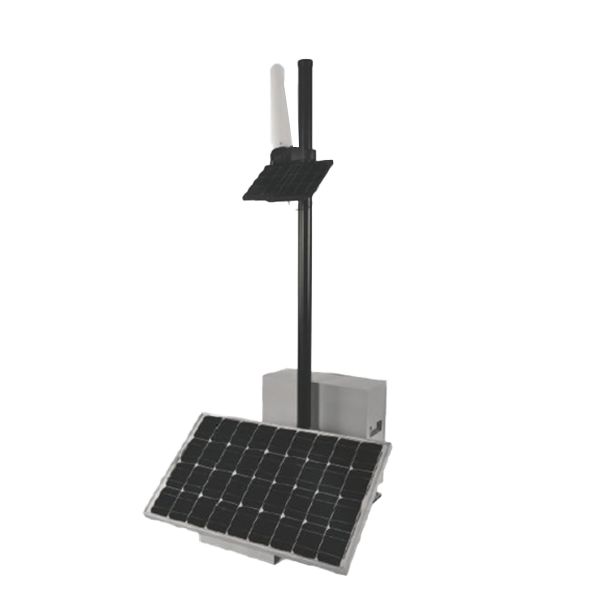
On-line Monitoring System of Electromagnetic Radiation
-
On-line Monitoring System of Electromagnetic Radiation
-
Automatic Monitoring System of HYEH460 Electromagnetic Radiation
-
HY-900A launch type radiation environment automatic monitoring station
-
OS-8 S Frequency Selective Electromagnetic Environment Online Monitoring System
显示更多 -
-
Demystifying Radiation Instruments: Your FAQs Answered!
2025-07-06
Introduction to Radiation Instruments
Hey there! If you’ve ever wondered about Radiation Instruments or radiation instruments, you’re not alone. These handy devices play a crucial role in various fields, from healthcare to environmental monitoring. But what exactly are they, and why are they so important? Let’s dive into it!
What Are Radiation Instruments?
In simple terms, radiation instruments are tools designed to detect and measure ionizing radiation. This includes alpha, beta, and gamma radiation, which can come from natural sources like the sun or man-made sources such as medical equipment. Now, doesn’t that sound intriguing?
Common Types of Radiation Instruments
There’s a whole smorgasbord of radiation instruments out there! Here’s a quick run-down:
- Geiger-Muller Counter: Often the go-to for hobbyists and professionals alike, this device clicks when it detects radiation. You’ve probably seen it in movies!
- Scintillation Counter: This fancy gadget uses special crystals to measure radiation. It’s super sensitive and used in laboratories.
- Dosimeters: These are worn by professionals who work with radiation, helping them keep track of their exposure over time.
Why Is Understanding Radiation Instruments Important?
So, why should you care? Well, understanding how these instruments work can help you make informed decisions about safety and health. For instance, if you’re working in a lab or near radioactive materials, knowing how to use a Radiation Instruments can be a game-changer.
Safety First!
Let’s not forget the safety aspect. Knowing what types of radiation are present and how much exposure you might be getting can help you avoid potential health risks.
Common Questions About Radiation Instruments
Now, onto the burning questions! Here are some FAQs that folks often ask about radiation instruments:
1. How Do I Choose the Right Radiation Instrument?
Choosing the right instrument depends on your specific needs. Are you monitoring radiation levels in your home, or are you working in a lab? Do a little research, and you’ll find the perfect fit!
2. How Often Should I Calibrate My Radiation Instrument?
Calibration is key! It’s recommended to calibrate your device at least once a year, or more frequently if it’s used in high-radiation environments.
3. Are Radiation Instruments Expensive?
Well, that depends. Basic models can be pretty affordable, but higher-end devices might cost a pretty penny. It’s all about what you need!
4. What Should I Do If I Detect Radiation?
If your instrument starts going haywire, stay calm! Follow safety protocols, evacuate the area if necessary, and contact the authorities. It’s better to be safe than sorry!
The Future of Radiation Instruments
As technology advances, so do radiation instruments. Expect to see more portable and user-friendly devices in the future. Who knows, you might soon be able to check radiation levels with a smartphone app!
Conclusion
So there you have it! A quick overview of Radiation Instruments and the common questions surrounding them. Remember, knowledge is power, especially when it comes to safety. Stay informed, and don’t hesitate to explore more about these fascinating instruments!
Previous Page:

COOKIES
Our website uses cookies and similar technologies to personalize the advertising shown to you and to help you get the best experience on our website. For more information, see our Privacy & Cookie Policy
COOKIES
Our website uses cookies and similar technologies to personalize the advertising shown to you and to help you get the best experience on our website. For more information, see our Privacy & Cookie Policy
These cookies are necessary for basic functions such as payment. Standard cookies cannot be turned off and do not store any of your information.
These cookies collect information, such as how many people are using our site or which pages are popular, to help us improve the customer experience. Turning these cookies off will mean we can't collect information to improve your experience.
These cookies enable the website to provide enhanced functionality and personalization. They may be set by us or by third-party providers whose services we have added to our pages. If you do not allow these cookies, some or all of these services may not function properly.
These cookies help us understand what you are interested in so that we can show you relevant advertising on other websites. Turning these cookies off will mean we are unable to show you any personalized advertising.
online message
Telephone:13903018415(Manager Wang)
Business: 020-29026320
E-mail:wangxueli@haiyoukj.com
Address: Room 703, Tian 'an Innovation Building, Panyu Energy Saving Science Park, 555 Panyu Avenue North, Donghuan Street, Panyu District, Guangzhou

Sweep code attention

